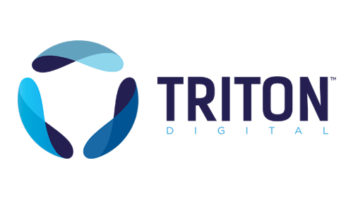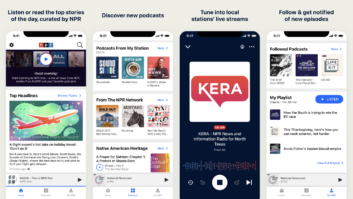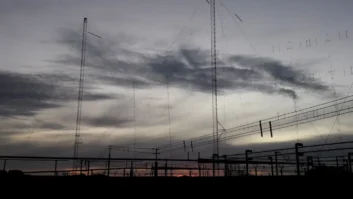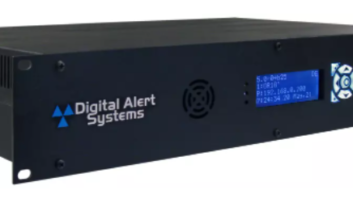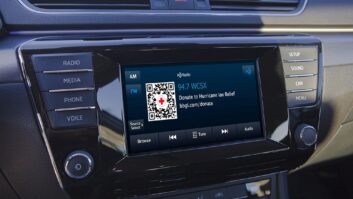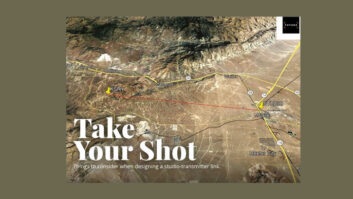National Public Radio — like iBiquity Digital and some commercial broadcasters — is proposing to the Federal Communications Commission an immediate, interim HD Radio power level increase for FM stations.
However, unlike commercial radio, NPR is pushing a different approach. It supports an interim power increase of up to 10 dB but its plan “limits power increases based on station spacing to limit any IBOC interference to the existing 1% power level,” NPR said in a summary.
IBiquity and the other original joint parties backing an increase have proposed that the FCC allow stations to increase now up to 6 dB while a decision on a permanent 10 dB increase is considered.
NPR has consistently said it does not support an across-the-board increase but rather a managed rise of up to 10 dB to avoid analog interference to digital stations’ neighbors. If the FCC chooses to approve an interim increase, NPR is urging that it be based on mileage and with power safeguards in place.
NPR said the future of HD Radio must be built on sound engineering practices that account for the unique broadcasting circumstances of all stations, public and commercial alike.
Several public radio regional organizations supported NPR’s proposal as well and provided comment. They include California Public Radio, Western States Public Radio, Public Radio in Mid America and Eastern Region Public Media. Together, these represent approximately 500 public stations.
RW has reported that additional testing by NPR Labs is underway; NPR hopes this work will provide a technical basis and methodology for authorizing stations to increase IBOC power. NPR urged the commission to defer action on an across-the-board power increase until its results are delivered to the FCC in September.
NPR also reiterated its stance that an across-the-board power hike “is a flawed approach because it requires an unnecessary balancing between improved coverage and increased interference that fails to account for each station’s first adjacent distance separations.” Mike Starling, NPR CTO and the head of NPR Labs, stated, “It is indeed possible to boost HD broadcasting power and protect our current analog services that bring radio to 235 million Americans. It simply isn’t necessary to degrade our analog broadcasting signals as we bring needed improvements to HD Radio coverage.”





